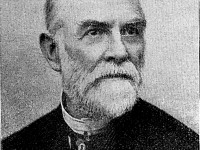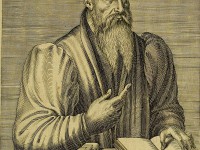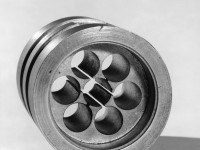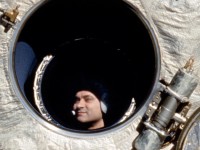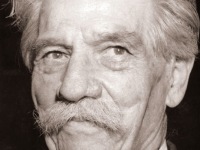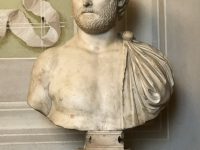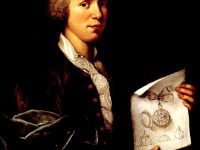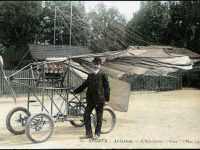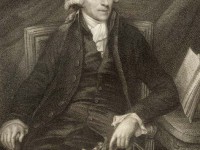Ernst Engel and Engel’s Law of Microeconomics
On March 26, 1821, German statistician Ernst Engel was born. Engel was head of the Prussian Statistical Bureau (1860-82) and is best known for the “Engel curve,” or Engel‘s law, which states that the proportion of expenditure on food will fall as income rises, i.e. food is a necessary good. He who attempts to draw any conclusion whatever as to the nation’s wealth or poverty from the mere fact of a favorable…
Read more











